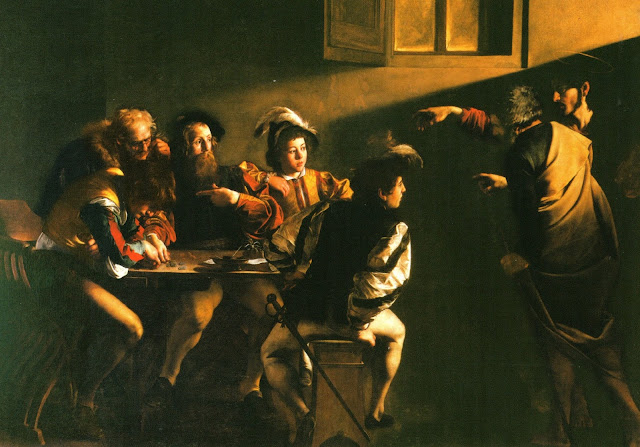SOUJOURNER & STRANGER: I Found Myself Again
Moses named his firstborn Gershom because, he said "I am a stranger in a foreign land." Another translation uses the word sojourner, which I prefer. It's what happens to us in Lent - we go deeper as sojourner into the foreign regions of our soul, that part of us that we do not normally inhabit because it is essentially solitary and silent. Sometimes it's more painful than we can bear. And there too we encounter fears that tell us lies to keep us as far away as possible from our true selves and from God. But as Jesus was led by and filled with the Holy Spirit, so are we. Our foreign experiences, our deserts are filled with the same Holy Spirit.
A song that has echoed in me since I was a child - "this world is not my home, I'm just a passin through" - expresses the reality that I have always to some extent experienced myself as a stranger sojourner, a reluctant inhabitant of this earth with a sense of unbelonging.
That is not to say that I am unhappy. Like the millions of exiles throughout the world I settle down wherever I find myself and live happily there. And when I speak of exile I'm not speaking of England or Hastings as such - I speak of the interior state of who I am - but when I go home to my family I realize how far away I am. Oddly, my sense of unbelonging is sharpest when I'm at home. That feeling makes me really irritable sometimes, brings out something childish in me, especially when we're together as a group. We were a tight little unit as children, dependent on and protecting each other and I'm wondering if that's what I'm harking back to - the time when it was just us with no outsiders. Perhaps I'm jealous of the others who have entered the lives of my siblings and I feel somewhat displaced in this wider family that we have become. Having said that, I must also say that I love those who have become part of our lives, especially the children and I couldn't imagine life without any one of them.
And so, at the beginning of Lent, when we look at temptation I realize that one of my main temptations is to want what I cannot have from my family, to want more, to be more central, more vital in their lives in a way that cannot be. Temptations are false, they are the lies that pretend that we would be happier if we indulged in them, more complete if they were fulfilled.
And it comes back again to acceptance of what is. Acceptance of it, love of how things are. It's an eating of what is set before me, to use the words of Jesus to his missionary disciples. To fast from seeking anything else. The devil tempts Jesus to want more - food and power - while Jesus opts for what is, what is enough, what is right and true. Except one cannot accept the unjust conditions of other's lives and one of the central acts of fasting as described by Isaiah, is to undo the yoke, undo unjust fetters. This is central to the life of Jesus.
Giving up chocolate is to turn all my desires and cravings in the direction of God and what He desires; giving up television is to free my mind and purify my thoughts in order to give space to what is good, noble, upright and worthy of praise.
Something worthy of praise is my sister Evelyn's 60th birthday which turned all our minds and hearts towards those things that matter and are worthy of praise. Another is the Valentine's card given to me by Laura, my youngest niece. At school they were given the task of making a card and she chose to make hers for me. "I really want you to come home soon" she wrote.
There are other delights - like waiting for the birth of my newest grandnephew and, despite my misgivings about the ever increasing place given to dogs, the visit of the wild and engaging pup Neo.
And there's the final act of tenderness that makes me think I'm the luckiest priest alive. In Toorkeel I found myself again sitting between Katie and Laura on the couch showing them videos on my phone of their early days. Scenes that made us laugh out loud and warmed our hearts. They each rested their head and hand on my shoulders, a little trinity of what matters.
And in all that I have written above, a significant phrase is, "I found myself again."
It's interesting and very significant that it was when Moses was a stranger, a soujourner in a foreign land, he had his extraordinary experience of God at the burning bush. Our experiences of displacement, being a stranger, hold out to us the real prospect of the most profound encounter with God and ourselves. I pray that we might all find God and our true selves in Jesus and be at peace where we are.
It's interesting and very significant that it was when Moses was a stranger, a soujourner in a foreign land, he had his extraordinary experience of God at the burning bush. Our experiences of displacement, being a stranger, hold out to us the real prospect of the most profound encounter with God and ourselves. I pray that we might all find God and our true selves in Jesus and be at peace where we are.





.jpg)


.jpg)



Comments
Post a Comment